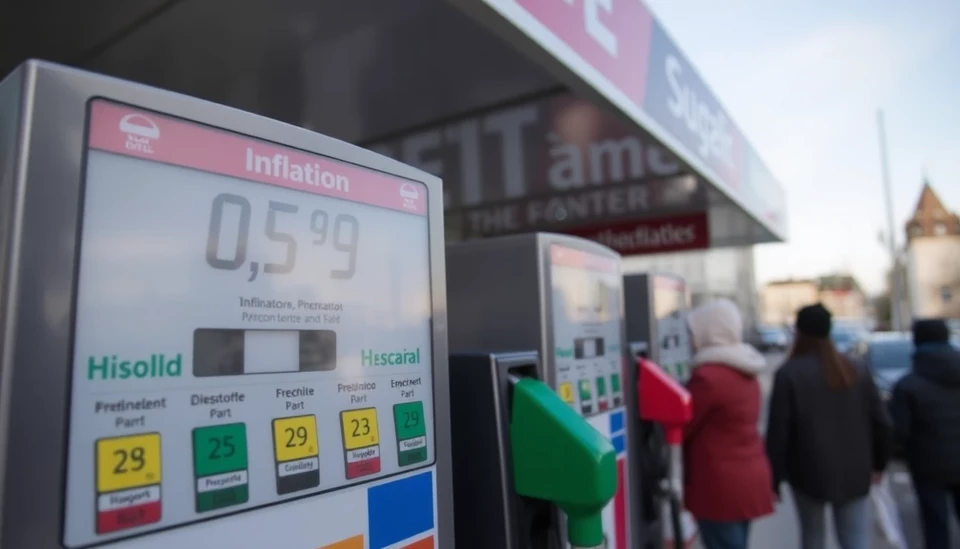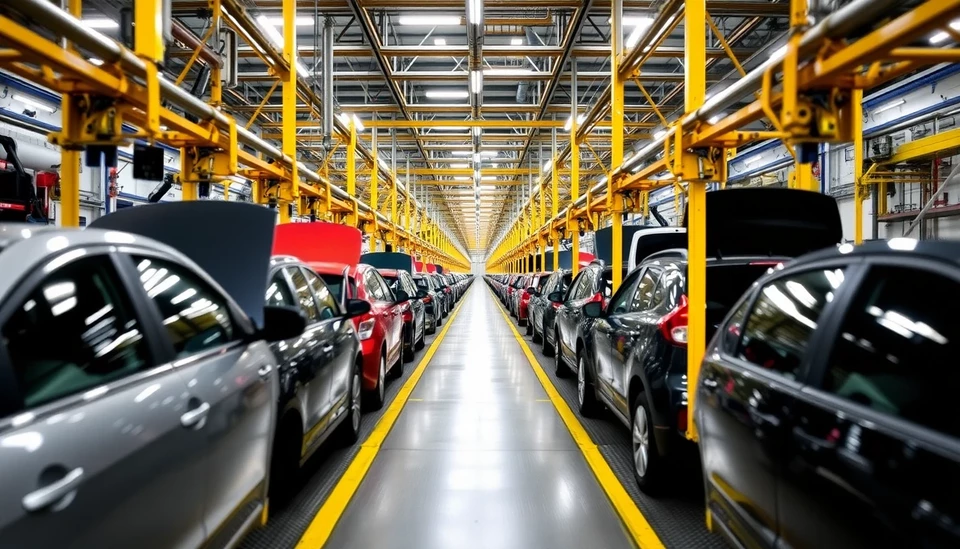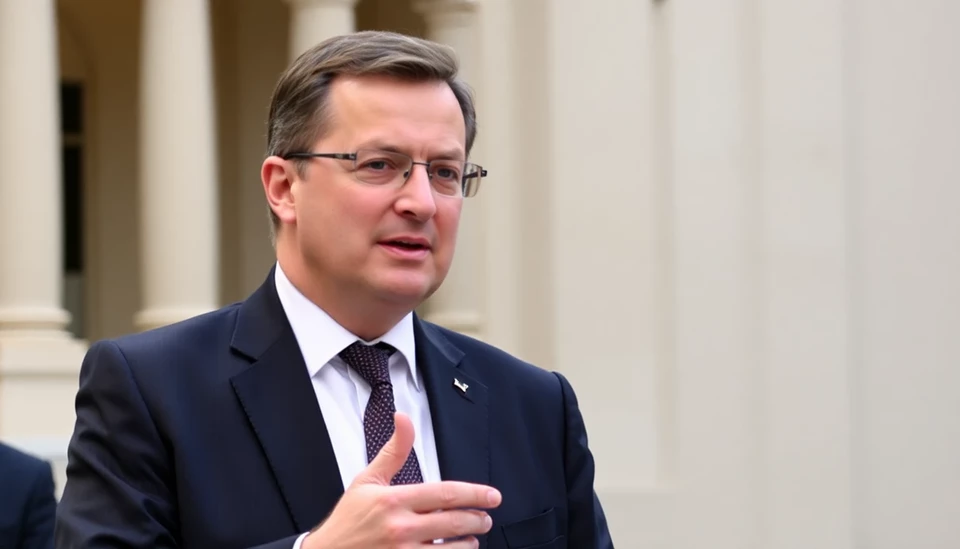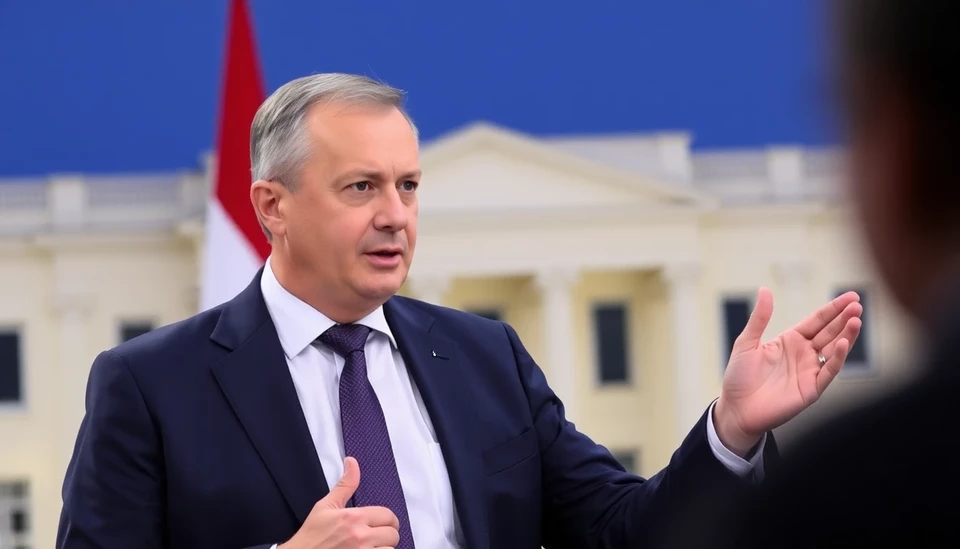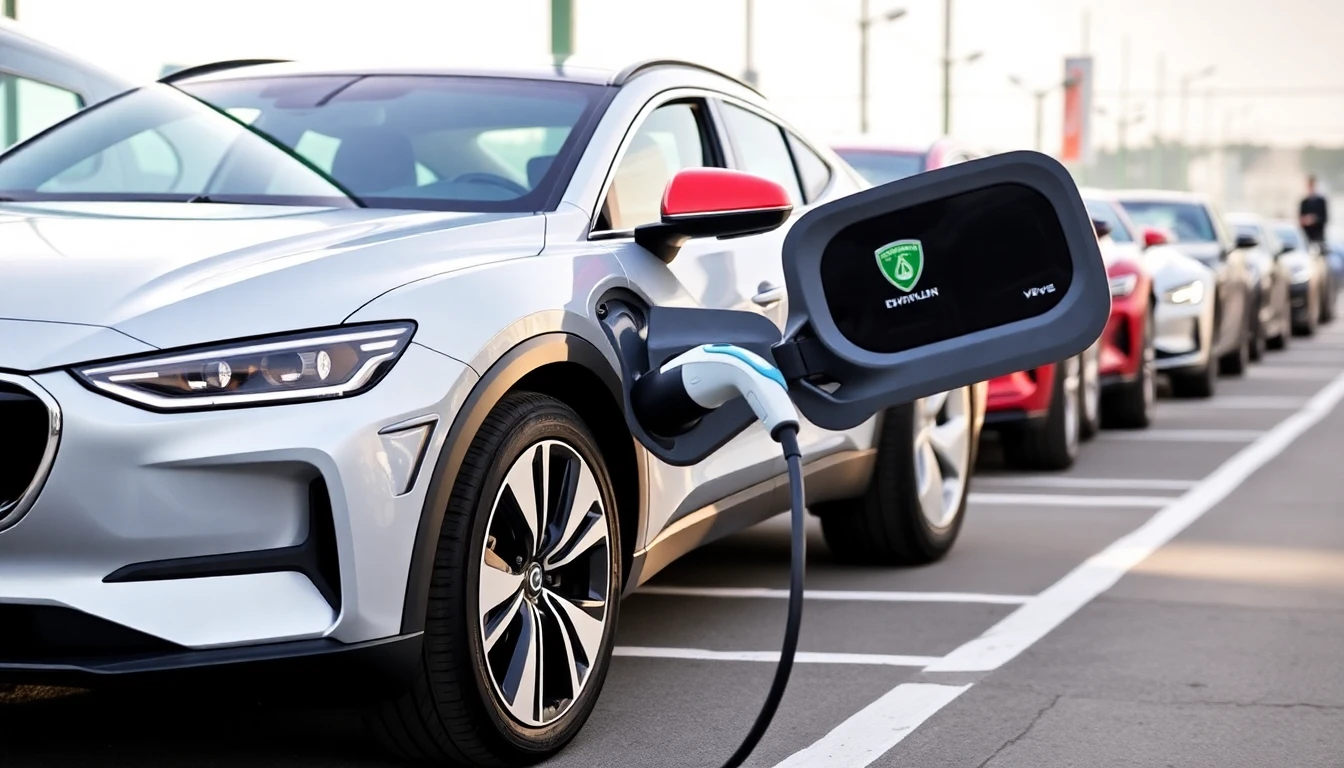
In a recent statement, Hungarian Prime Minister Viktor Orban has expressed serious concerns regarding the European Union's proposed tariffs on Chinese electric vehicles (EVs), suggesting that such measures could backfire and undermine Europe's own automotive industry. As the EU grapples with the nuances of international trade and competition, Orban's comments resonate with an underlying question: are protective tariffs the best course of action, or do they potentially jeopardize local markets?
Orban, speaking at an event in Budapest, highlighted the critical role that the automotive sector plays not only in Hungary's economy but in the broader framework of European manufacturing. The Hungarian Prime Minister is known for his close ties to the automotive industry, and his country has become a significant hub for automotive production in Europe, particularly with the rise of electric vehicles.
The EU's move to impose tariffs on Chinese EVs is aimed at countering what some members perceive as unfair competition from China, where local manufacturers benefit from state subsidies. This initiative reflects a growing trend among Western nations to safeguard their domestic industries from foreign competition. However, Orban argues that these protective measures could inadvertently stifle innovation and drive away investments crucial for the growth of Europe's own electric vehicle sector.
Orban pointed out that rather than resorting to tariffs, the EU should focus on improving the competitiveness of its industries through innovation, research, and development. He believes that Hungary, along with other EU nations, should be supporting local manufacturers to adapt to the evolving automotive landscape rather than isolating them with increased tariffs that could inflate prices and limit consumer choices.
This concern also aligns with Hungary's broader economic strategy, which emphasizes attracting foreign investments and fostering an environment conducive to growth and competition. Orban’s government has worked diligently to make Hungary an appealing destination for automotive and technology companies, and he fears that tariffs on Chinese EVs could deter new investments.
As the discussion evolves, it is clear that the EU must weigh the potential short-term benefits of tariffs against the long-term vision of fostering a competitive and innovative automotive market. The implications of these decisions will not only influence Hungary's economy but also shape the future landscape of the European automotive industry as it transitions into the electric age.
Stakeholders in the automotive sector, policymakers, and economists alike will be keeping a close eye on the EU's next steps in this contentious debate, doubting if tariffs truly represent a viable solution or if they might further complicate Europe's road toward achieving sustainable automotive practices.
As Hungary's Orban continues to speak out against the tariffs, the discussion on the balance between protectionism and competitiveness in the electric vehicle market remains as prominent as ever.
#Hungary #Orban #ElectricVehicles #EUTariffs #AutomotiveIndustry #ChineseEVs #TradePolicy #Innovation #EuropeanUnion
Author: Rachel Greene
